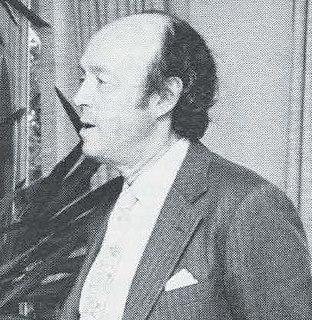A Quote by Dan Webster
Some people have been talking about - every place I go, they bring up the issue of foreign aid. I go, 'You can't get rid of all foreign aid.'
Related Quotes
Legal aid gets a bad press. Some rail against handing taxpayers' money to criminals; others attack fat cat lawyers, while some argue that we spend far more on legal aid than other countries. But let's get some facts straight: saying that legal aid is just about criminals is wrong - most goes to people before any decision is taken on their guilt.
If we stuck to the Constitution as written, we would have: no federal meddling in our schools; no Federal Reserve; no U.S. membership in the UN; no gun control; and no foreign aid. We would have no welfare for big corporations, or the "poor"; no American troops in 100 foreign countries; no NAFTA, GAT, or "fast-track"; no arrogant federal judges usurping states rights; no attacks on private property; no income tax. We could get rid of most of the agencies, and most of the budget. The government would be small, frugal, and limited.






























